Share the post "Does Size Matter In Soccer? (What’s Best Is …)"
As a youth soccer player, I was always undersized. I was much shorter than most of my peers and had trouble gaining weight.
Despite being so small, I never questioned my abilities. It was something that I learned to live with. Instead, I worked as hard as possible to improve my game and play to my strengths.
So, does size matter in soccer?
Becoming a soccer player is not determined by size; it should motivate you – Big, small, short, or tall, there is a place for you.
If you’re considered a different size, I’ve got the solutions for you – this article will help you become a better soccer player.
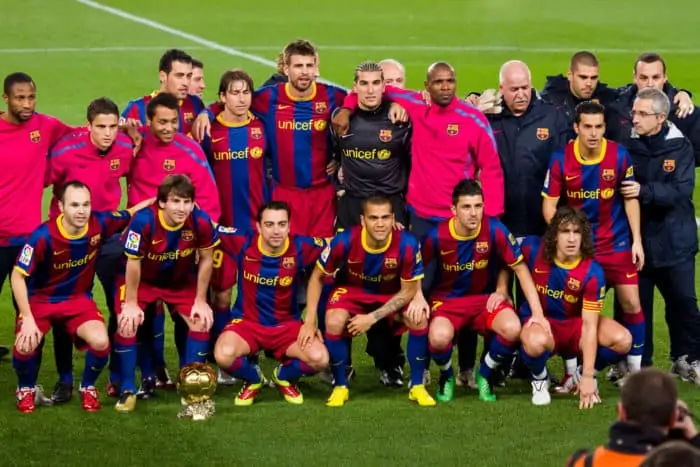
How to become a good soccer player if you’re short
Those comments would have been proven correct if I had not adapted to my size. However, by working on certain skills, I became a good player. I focused on:
- Playing quickly – helped prevent me from getting pushed off of the ball in possession
- Finding open spaces – reduced the chances I would have to contest a ball in the air
- Passing and shooting the ball well – because I was forced to play quicker, I needed to make sure my passes and shots were helping my team
When I finally grew, I had all of these skills at my disposal. Plus, the power and size to develop new skills and become an even more well-rounded player.
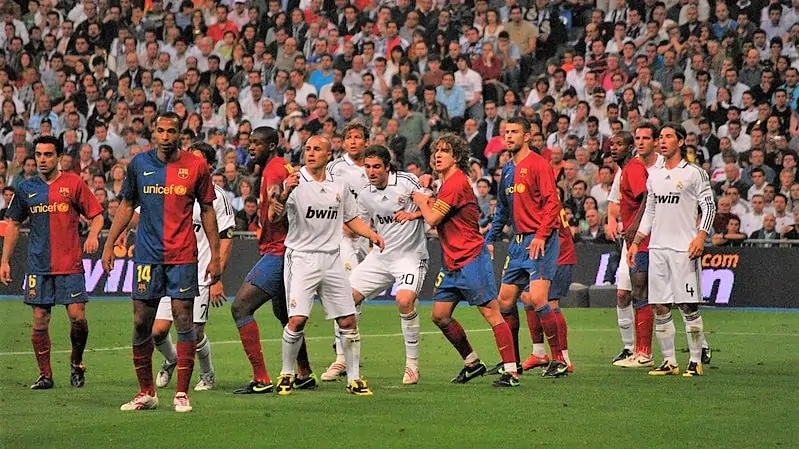
Does size matter in soccer?
One of the things that can set athletes apart is their physical size. Being strong and muscular can be a tool to keep the ball or win it back off of other players.
Smaller players can find spaces and move more quickly than their more sizable counterparts.
Most teams would benefit from having players of all different sizes. Just like you want players with different skill sets, you will also want a range of sizes.
Each player will be uniquely built and bring something to a team other players do not. A certain amount of strength and physical ability is necessary to be good at soccer.
You’ll do well if you have good overall shape and fitness, but training like a bodybuilder will probably do more harm than good in a soccer context.
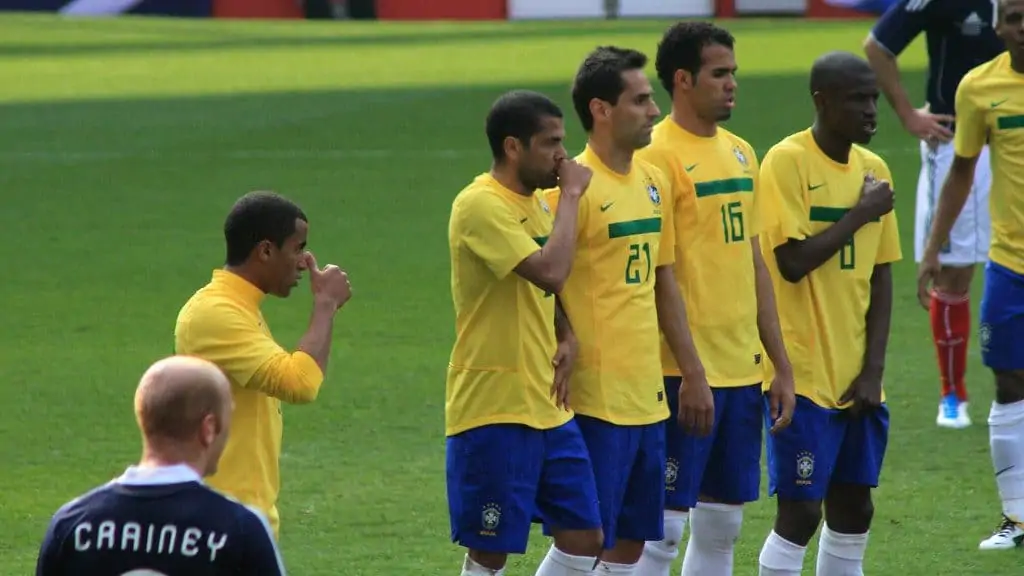
Does height matter in Soccer?
There have been great soccer players at every height. The average professional soccer player is about 5 feet 9 inches tall – roughly the same height as the average adult male.
Soccer is unlike basketball, where height is important. The National Basketball Association (NBA), the average player’s height is 6 feet 6 inches.
Short Soccer Players
- When it comes to soccer, being short can be a great thing. Shorter players can be difficult to knock off the ball because of their low center of gravity.
They are nimble and good at finding open spaces on the field. FC Barcelona built one of the best teams of all time in the mid-late 2000s with a midfield core of Xavi, Andres Iniesta, and Lionel Messi.
All three players are listed at 5’7, a few inches shorter than the average player.
Being on the shorter side did not stop these three from becoming some of the best soccer players in the world.
Tall Players
Height is so important in basketball that players 7 feet or taller are highly sought after. If you are over 7 feet tall, you likely have a huge advantage over others to become an NBA player.
Alternatively, there have been great soccer players who are also tall. Peter Crouch (6’7) often comes up in discussions about tall players.
There are also world-class players like Zlatan Ibrahimovic (6’5) and Cristiano Ronaldo (6’2) who would be considered tall.
It is also not uncommon to find taller people playing defense. Their aerial ability can be useful for clearing away incoming balls with their head. They might also make their way forward as a threat on corner kicks and set pieces.
Harry Maguire and Virgil van Dijk (both 6’4) are great examples of this. When you look at the average teams by size in the Premier League, league position and height do not match.
The tallest team, Crystal Palace, has an average height of just over 6’0 feet tall.
- While the current champions, Manchester City, were the smallest team by average height – about 5‘9.
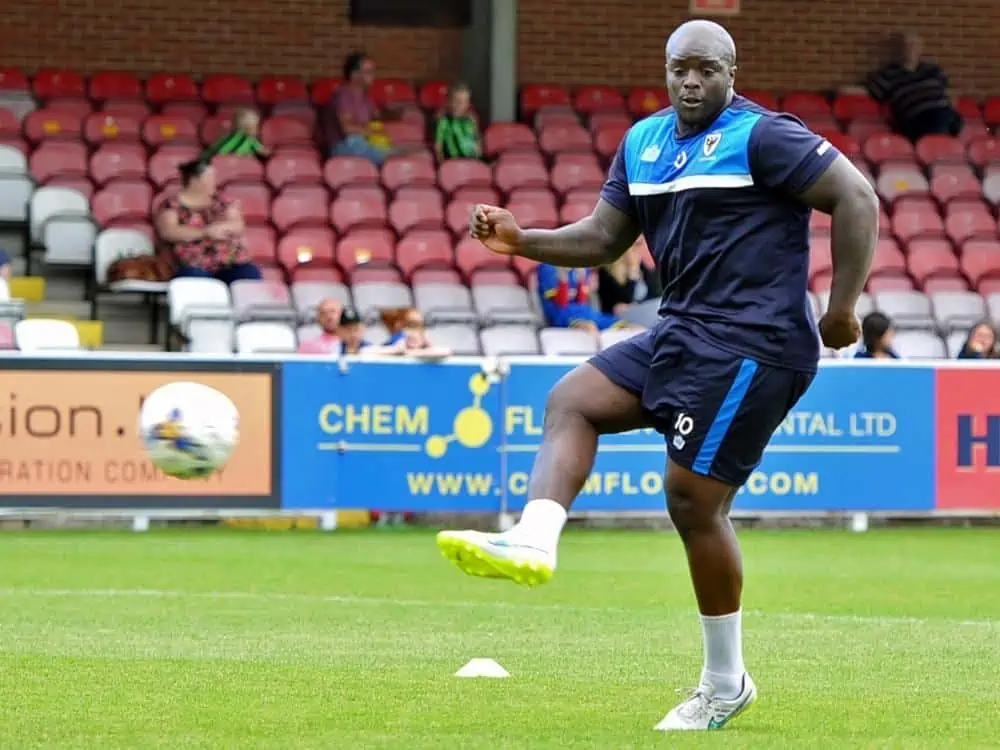
Does body size matter in soccer?
Body sizes, like height, will be different for each player. The average professional soccer player will be strong and lean.
This is due, in large part, to the amount of running involved and the strength required to play the game.
Your body will continuously adapt and change as you train and play more. If you run more, you will become leaner.
Every soccer player wants to be strong. They often supplement cardio work with a weightlifting program.
How each player prioritizes will play a factor in their overall body size.
- There is a common misconception that soccer players shouldn’t lift or don’t need to do arm workouts.
This could not be further from the truth. The workouts that a soccer player does will differ greatly from a boxer or baseball player, but it is still important to have good overall shape.
Individual body size will come down to a few different factors. Some of these are within your control, but others are not.
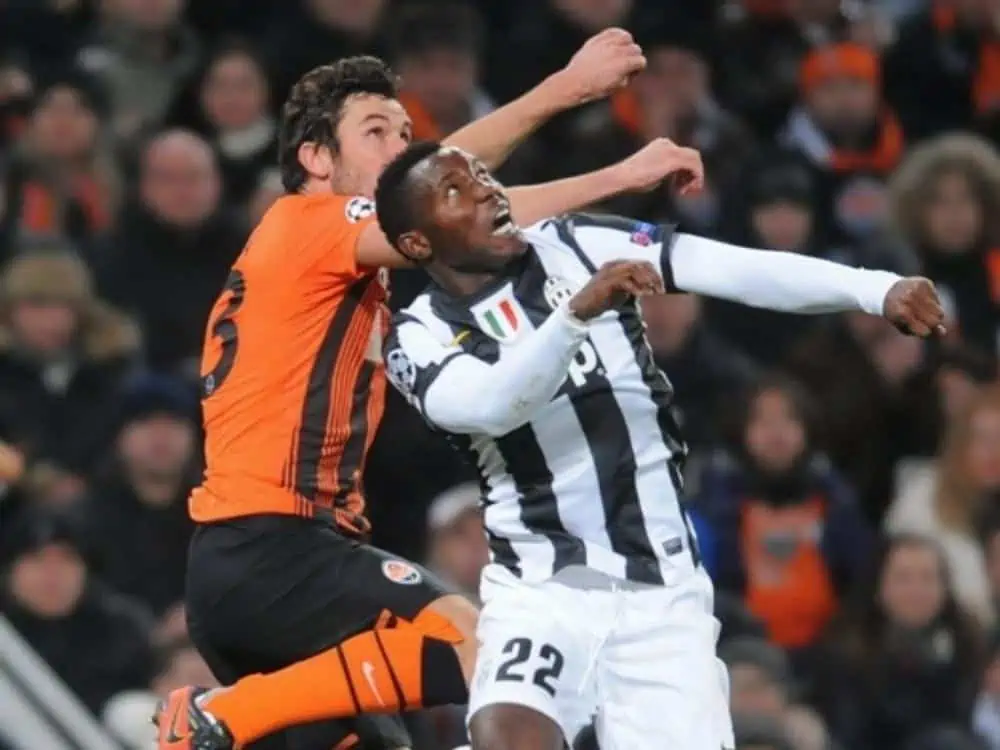
What makes the size of a soccer player?
- Genetics – each person has a different bone structure, and we’re all built differently. This can play a large part in the size of a player.
- Diet – the higher your protein intake, the more muscle mass you will build, especially when mixed with a weightlifting program.
- Cardio level – people who run further distances for extended periods tend to have less muscle mass, but because of their high fitness levels, they can play entire games and be effective team members.
- Weightlifting routine – players prioritize weight training in different ways. Some lift heavier weights to add muscle, while others prefer lighter weights to get more of a toned body. Even players like Wolverhampton Wanderers forward Adama Traore only do bodyweight workouts. Those workouts seem to be doing just fine for him.
Does foot size matter in soccer?
Soccer is played exclusively with the feet. It would seem to make sense that if you have bigger feet, you’ll have an advantage on the field – right?
Not necessarily.
Foot size, in most cases, is proportional to the size of one’s body. Shorter people have smaller feet and vice versa. It is not something that can be controlled. Rather, you simply must live with what you have.
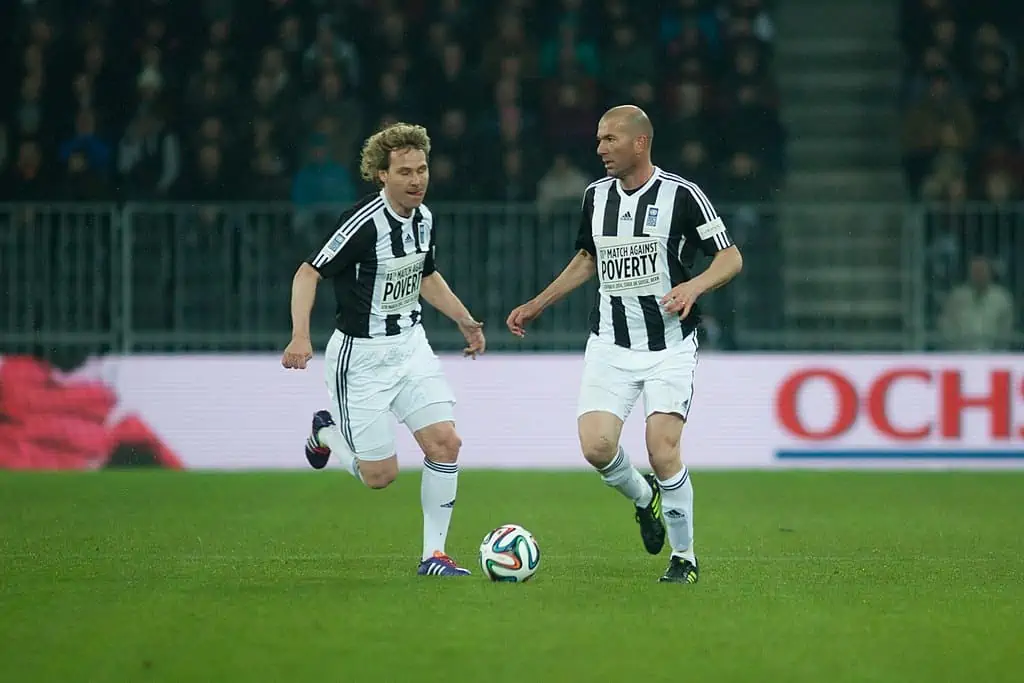
Does size matter in youth soccer?
At the youth level, size disparities can be vast. All kids grow at different times in their life. My size did not impact my ability as a youth player, just as it would not have had I been taller.
If someone hits their growth spurt early, they might tower over other kids their age. This does not mean that they will be better or worse soccer players. Sure, they might be able to win balls out of the air easier or run faster, but shorter players can find ways to do the same thing.
It is also important to remember that if you are taller than everyone at the youth level, that might not last forever.
If you rely too much on your size and not enough on your skills, other kids will eventually catch up, and you could get left behind.
Size doesn’t matter in soccer if It’s Your Dream!
Hopefully, if you take one thing away from this, it’s that you can play soccer. Your height and size may be factors in how you play, but they are no indicator of your overall ability.
You can play soccer if you take the time to learn the skills. There is no “perfect” body size for a soccer player. You will ultimately be judged by what you can control. Work hard and focus on those things.
We all have to learn to live with the equipment we are given. If you’re born tall, learn how to use your height to your advantage.
If you are small and lean, learn how to make those some of your strengths. No one can take away your work ethic.
If you continue to work hard and focus on perfecting the skills of the game, you can be great!
Share the post "Does Size Matter In Soccer? (What’s Best Is …)"
Joel is a seasoned soccer journalist and analyst with many years of experience in the field. Joel specializes in game analysis, player profiles, transfer news, and has a keen eye for the tactical nuances of the game. He played at various levels in the game and coached teams - he is happy to share his insight with you.



